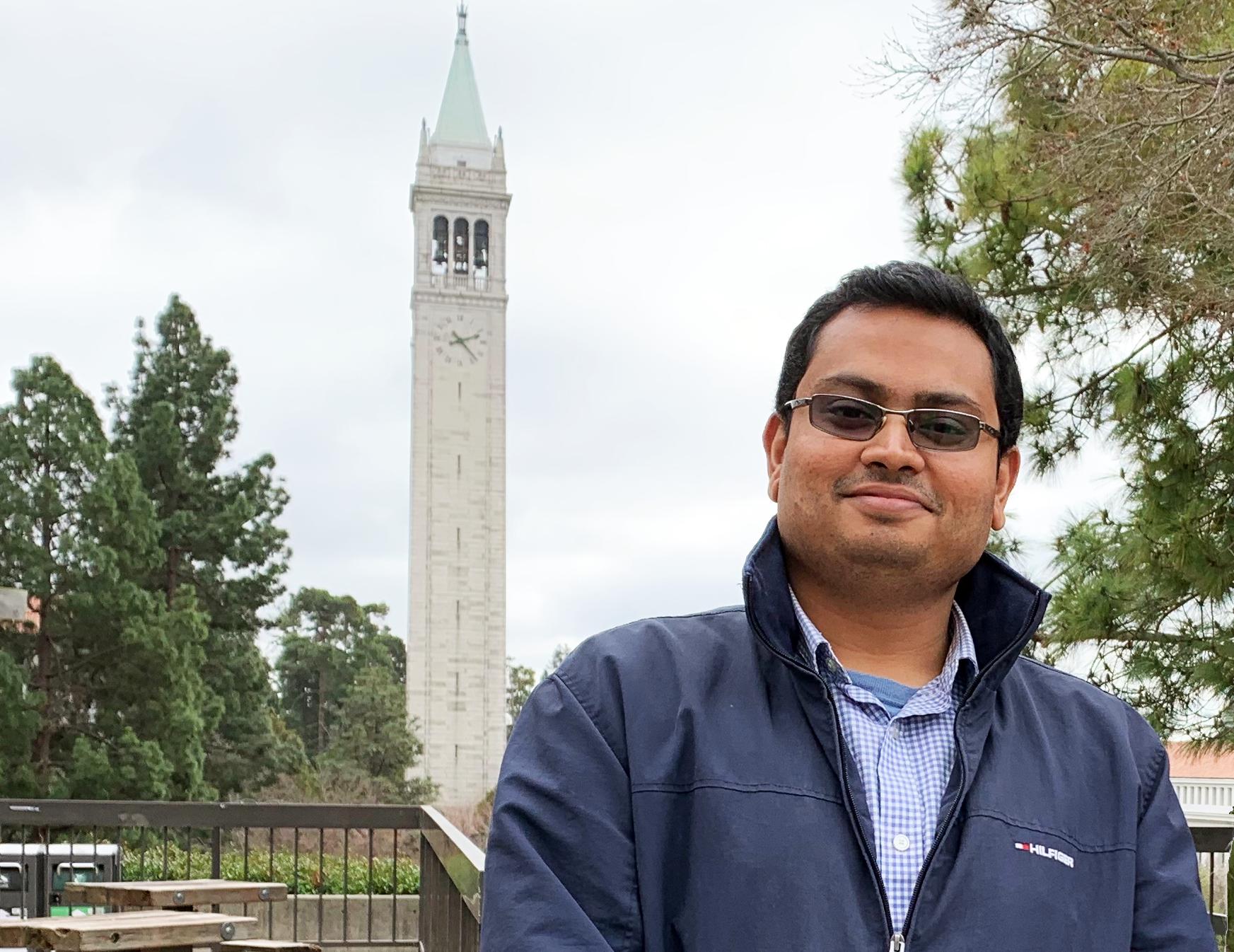Drawn to Silicon Valley

Alumnus talks about his postdoctoral work at UC Berkeley, founding a startup, and landing NASA as a first client.
For KAUST alumnus Fahad Hossain (M.S. 2010, Ph.D. 2014), the last decade has been an incredible journey.
Before he arrived at KAUST in 2009 (as an undergraduate student at the University of Nottingham) Hossain admits he had no idea what research was, or what it took to be a researcher. His introduction came through conversations with Professor Muhammad Hussain who would later become his doctoral supervisor.
After completing a master's in 2010, followed by a Ph.D. in 2014, he moved to the US to take up a postdoctoral fellowship at the University of California, Berkeley. Hossain originally went to Berkeley to pursue a career in academia, but the draw of Silicon Valley proved too strong. Hossain decided to follow many of his colleagues in the creation of a startup.
Hossain co-founded Serinus Labs Inc., the world's first manufacturer of integrated silicon gas sensors. The company develops mobile-integrated, gas-sensing solutions for consumer and industrial applications for air-quality monitoring, safety and preventive healthcare.
Working with NASA
Hossain always wanted to make an impact, and for him this meant moving away from academia to focus on industry. His breakthrough came in 2016 when he obtained funding from the National Science Foundation.
"They have an industry and university research collaboration program where their goal is to translate technology from the lab into the real world within as short a time span as possible. We were one of their test cases."
He used the funding to develop sensors that not only use very little power, but are also economical for monitoring air quality. "It was a big hit, and because it got picked up in the media we got a lot of traction," he said.
"In 2017, after a lot of consideration and despite an uncertain future, we took the decision to incorporate with no funding, and fortunately the US has great funding for small businesses in deep technology."
Serinus is part of the Berkeley Sensor & Actuator Center (BSAC). In 2018 they were contracted by NASA to develop multi-gas sensors for the next generation of space suits. These sensors measure the air quality for the astronauts when they are recirculating air in their spacesuits. NASA then, was Serinus' first customer.
Sensing the future
We asked pre-COVID-19 what was in store for Hossain over the next ten years?
"Building empires in industry," he replied with a laugh. But jokes aside, presently, Serinus is looking at the use of sensors in post-harvest produce management, since produce in transit spoils quickly.
Another application that might be in the pipeline is as an early warning for battery safety in electric vehicles. It's no wonder then that Hossain sees himself as an entrepreneur first and foremost, although he is quick to clarify, "I will always be an engineer."

